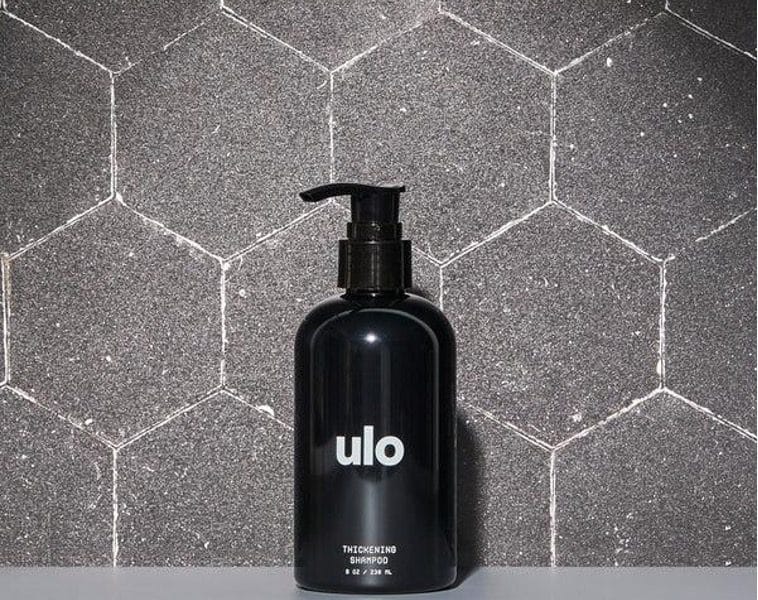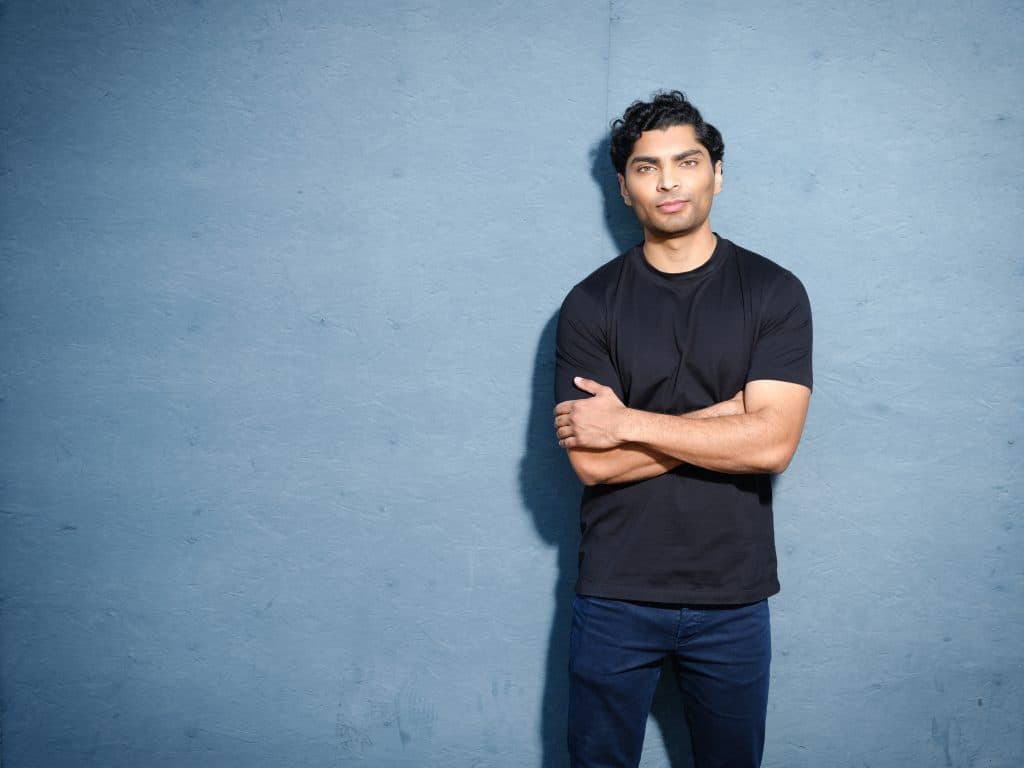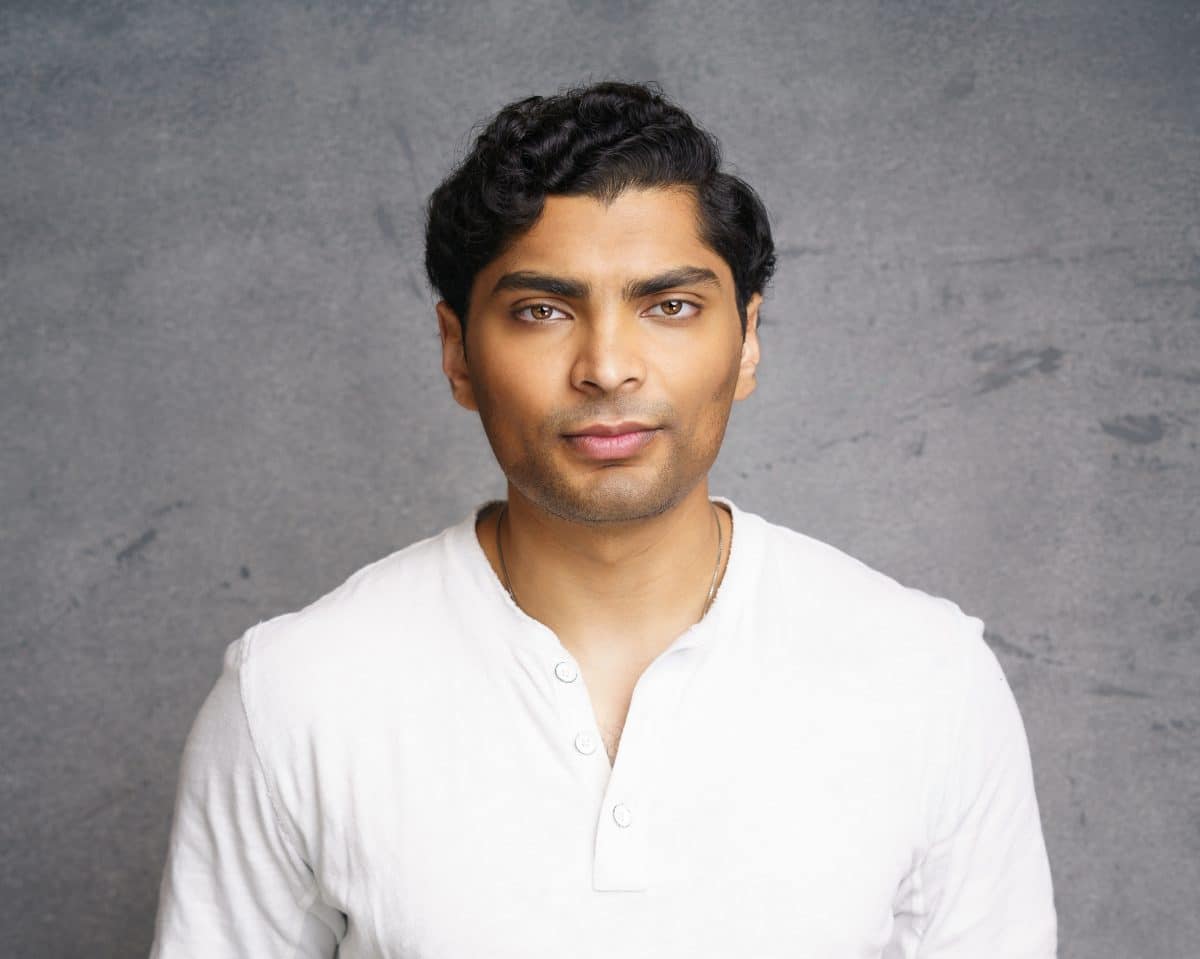Deep Patel, a Dubai resident with ties to Las Vegas and Orange County, embodies the modern entrepreneur. Just over a year ago, Patel sold Blu Atlas, the company he had dedicated 18 months to building. Blu Atlas, which focused on natural skincare and personal care products for men, could now build on the foundation of a vastly larger operation. In 2022 and 2023, Blu Atlas was the fastest-growing men’s personal care brand: Similarweb included it on their Digital 100 report for Beauty & Personal Care, where it was the only men’s personal care brand in the top 10.
The deal marked a milestone for Patel, as it represented a successful exit from his venture. For Foundry Brands—owners of Supply, Stryx and other beauty commerce mini-giants—it indicated a strategic push to expand into new markets.
Foundry wanted Patel to join the team, but he declined the offer, recognizing that working for someone else wouldn’t suit him.
Some might have considered retiring after such a success, but not Patel. His entrepreneurial spirit and curiosity constantly push him forward.
Deep Patel’s Mission to Transform Hair Care
Deep Patel’s curiosity and active mind prevented him from retiring. For his next business endeavor, he was motivated to address hair loss, an issue millions of people worldwide deal with. While hair loss does not affect him directly, he witnessed how it impacted the confidence and self-perception of people around him, and he saw an opportunity to create innovative and effective solutions.
Together with Rob English—a consumer advocate and researcher specializing in hair loss disorders, and the founder of Perfect Hair Health, one of the largest YouTube channels and blogs in the hair loss space—Patel launched Ulo, a telehealth platform providing prescribed and over-the-counter hair loss solutions.
Ulo sets itself apart as a cutting-edge newcomer in the hair loss market by concentrating on dismantling stigmas associated with a delicate topic. Accessibility is a top priority for the business. It provides a variety of options, including over-the-counter remedies; customized, compounded formulas that cater to specific needs; and conventional therapies like finasteride and minoxidil.

For those who can’t tolerate DHT-reducing medication, Ulo offers compounded solutions customized for each individual, as well as nonhormonal alternatives. Ulo’s products contain clinically backed ingredients such as retinoic acid, cetirizine, melatonin and caffeine, offering powerful options that don’t involve hormone-modulating effects.
Patel experienced enormous success with Blu Atlas, but getting into the hair loss market is an even greater challenge. Big companies like Rogaine and Keeps have a lot of marketing power and consumer trust, which will make it hard for Ulo to stand out. Some industry analysts say that Ulo’s innovative approach might get lost amid the noise.
The competitive landscape is dominated by established giants like Hims and Keeps, which benefit from decades of brand recognition, extensive manufacturing resources and substantial marketing budgets. These established titans have set the standard for consumer expectations around accessibility and affordability.
Ulo stands out by offering personalized hair growth plans and by primarily selling directly to consumers. The company also places an emphasis on technology.
Critics say that while Ulo’s personalized treatments are appealing, maintaining consistent quality and efficacy across so many unique formulas presents a huge obstacle. They note that Ulo may find it difficult to guarantee that every client obtains the same degree of personalization and product quality as the business expands, due to the number of products it has to manage.
The hair loss market is a lucrative and rapidly growing industry, with a market cap projected to reach over $10 billion by 2030, driven by increasing consumer demand for effective solutions.
Customers’ expectations for accessibility and customization have changed as a result of the businesses that have paved the way, and new competitors like Ulo now have a much loftier mountain to climb.
Deep Patel has spent the better part of his adult life building and marketing consumer products. His passion to innovate came from early frustration with the lack of meaningful product differentiation in traditional consumer goods. Even as a teenager, Patel saw gaps in the market. “I was frustrated that everything felt the same. I wanted to create products that solved real problems,” Patel recalls.
Patel encountered resistance in the early days of Blu Atlas, as many dismissed his ideas for redefining the men’s grooming space. But he recognized that these skeptics represented an outdated way of thinking. Patel was a part of a new generation that had a deep understanding of digital trends and a commitment to authenticity.
The Seeds of Entrepreneurship
Deep Patel grew up in Macon, Georgia. Though they were middle class, his mother placed great importance on his education, and he credits her for sending him to a reputable private school. Patel was taught entrepreneurship by his father, a small-business owner. Patel showed early signs of business acumen by auctioning rare coins on eBay and generating money using internet marketing. At just 16, he penned “A Paperboy’s Fable,” a book on entrepreneurship that was published by Post Hill Press.
At 17, Patel was invited to speak at A.T. Kearney’s prestigious Consumer@250 event. The event was a high-profile gathering of leaders from over 170 companies with revenues surpassing $2 billion. There he met prominent figures such as Tom Cortese, the co-founder of Peloton. This invitation solidified his position as a young and rising talent in the industry and placed him among the industry’s top minds.
Patel had amassed an impressive list of achievements even before finishing high school. But despite his early successes, he remained committed to furthering his education and enrolled at the University of San Diego. However, he decided to drop out on day one after realizing that his passions lay elsewhere.
Patel launched Penguin in 2019, a direct-to-consumer CBD brand that set new standards for transparency.
In 2020, he sold the company to Verma Farms in a seven-figure deal. Using the proceeds, he shifted his focus to men’s grooming and bootstrapped Blu Atlas, a skincare brand that prioritized natural science and sleek design, which he sold to Foundry for an undisclosed eight-figure sum.

What’s Next for Deep Patel?
Now splitting his time between Las Vegas, Orange County and Dubai, Deep Patel arranged to meet me in a quiet conference room at the Burj Al Arab in Dubai one Thursday afternoon to discuss his latest venture.
He arrived well-prepared, with comprehensive business plans and some scratch papers for his most recent product formulations. It soon became evident that Ulo is a carefully thought-out business with an eye toward transforming the hair loss market with creative accessibility. He mentioned aspirational ideas for the platform’s next phase during our talk, though he wasn’t ready to divulge all the specifics. He was also eager to discuss another venture close to his heart: deep, a high-end clothing line shaped entirely by his personal vision, aesthetic and tastes.
Patel laughed. “I’m aware that the name comes across as self-indulgent. Still, if I’m creating something that’s mine from top to bottom, why not let my name stand front and center?”
“It’s not just my name. It’s a statement,” he explained. “It presents the philosophy of going deeper than the surface. The collection isn’t based on short-term trends; it’s about quality craftsmanship and real substance.”
Dubai is famous for offering a dynamic mix of innovation and luxury. This makes the city a perfect match for Patel, whose philosophy weaves technology and craftsmanship into a seamless braid.
Unlike predecessors such as Ralph Lauren and Yves Saint Laurent, Patel and his peers are digital natives, born in the digital age. Patel’s approach involves more than just making something that looks good. He also wants to do good for the world by using environmentally friendly production methods to change what it means to make luxury items in the modern world.
I asked Patel what he thought made him successful. I asked if there was a particular trait or moment that he could pinpoint. Instead of focusing on a specific trait, he talked about how personal his work was. “It’s easier to give it your all when you’re creating something that you, or the people you care about, genuinely need,” he explained. “When the product resonates with your own life, it becomes more meaningful. There’s a certain closeness and authenticity that comes through.”




